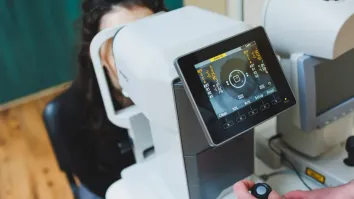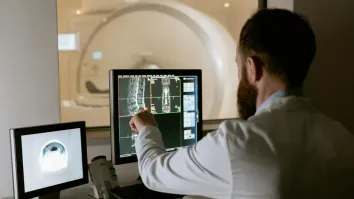
Will aggressive overseas expansion backfire for Singapore's healthcare companies?
Returns will suffer due to huge capex needs.
In order to defy limited growth at home, listed healthcare companies in Singapore are aggressively establishing their presence in previously untapped foreign markets. Analysts reckon that while overseas expansion may be the only way forward for these players, the jury is still out on whether the initiatives will pay off in the long term.
A report by Maybank Kim ENg noted that return on invested capital (ROIC) for all healthcare companies expanding overseas has been rapidly dwindling, impacted by steep capital expenditure.
Despite this, healthcare stocks are still expensive, showing that investors are bullish on the companies' prospects abroad.
"While investors are obviously exuberant going by their premium valuations, it is too early to judge their success as their overseas track records are not long enough," said the report.
The leading proponents of the overseas expansion model are IHH Healthcare, Q&M Dental, and Raffles Medical. IHH Healthcare has expanded into India, Hong Kong and China after it was formed in a mega-merger in 2012. Due to its focus on premium services, IHH incurs massive capes to build state-of-the-art hospitals, which means that ROIC and RA have been falling.
Meanwhile, Q&M Dental started its M&A spree in China in 2013, and tasted its first success in 2014 when it inked blockbuster deals to acquire majority stakes in a dental hospital group and a dental-supply manufacturer.
As for Raffles Medical, it only started to actively look overseas in 2015. ROIC and ROA have been declining due to high upfront development costs.
"We believe the market understands that their development models for new overseas investments involve a hockey-stick curve where business grows at a normal linear pace but once an inflection point is hit, growth starts to take off at an exponential rate," the report said.



















 Advertise
Advertise





